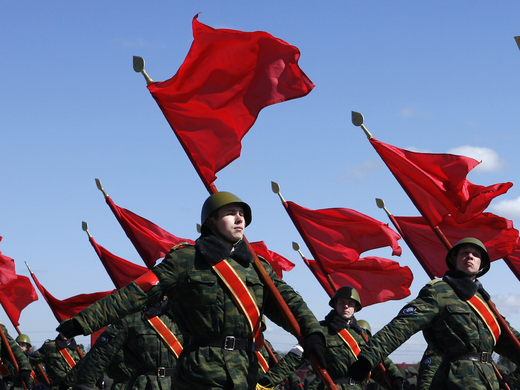Who would have guessed that the American poet who gave us, “Candy is dandy, but liquor is quicker,” could provide such profound insight into the complexity of conflict management? At her lecture, “Managing Conflict in a World Adrift,” Pamela Aall, CIGI senior fellow and co-editor of the recently released book by the same name, called on the works of Ogden Nash to reveal telling truths about conflict management and the actions that can be taken to better function in a world adrift.
After introducing herself to the CIGI audience, Aall briefly chronicled the four year writing process behind Managing Conflict in a World Adrift. She explained that while the book was originally to be titled, “Managing Conflict in an Age of Awakening,” the awakening that seemed to be building at the book’s inception was quickly unravelling. The state of being “adrift” seemed to more accurately describe the rapid rate of change and complexity seen in the conflicts of the day.
For tips on how to cope in this drifting world of global conflict, void of leadership and unity, Aall looked to writings of Ogden Nash. After outlining the various factors contributing to the complexity of conflicts, Aall used Nash’s poems to outline how we can respond to conflict in a world adrift.
Quoting Nash’s poem, “Which the Chicken and Which the Egg?” Aall first underscored the importance of getting to the heart of the matter and understanding the narratives from every side. “Know what’s going on,” she said. Aall explained that Nash’s poem encapsulated the importance of understanding the deeper causes of conflict. She suggested that conflict analysis is an effective tool for probing the real issue. Conflict analysis involves developing relationships with the parties involved in the conflict in order to build rapport and ultimately learn the needs of each party involved.
Once the roots of the conflict are revealed, Aall explained that we next need to improve our ability to understand what we can do. “Some debts are fun when you’re acquiring them, but none are fun when you set about retiring them,” writes Ogden Nash in another pithy poem. Aall used this poem to explore the importance of defining clear, realistic objectives.
Lastly, Aall suggested that in order to improve our ability to function in a world adrift we must prepare ourselves to operate in different environments than those with which we have grown accustomed. “The trouble with a kitten is that eventually it becomes a cat,” said Ogden Nash. Conflict management experts must find new ways of approaching conflict and be prepared to deal with new challenges as they develop. They will need to keep a close ear to the ground; staying attuned to the collective conscious and the role of social institutions. “Conflict management crews will have to be decisive and flexible, informed and intuitive, prudent and creative, entrepreneurial and even-handed, and with a good sense of when to take the lead and when to leave that lead to others who can do it better,” said Aall.
What did you think of Aall’s strategies for functioning in a world adrift? If you missed the event, you can watch the unedited lecture at http://new.livestream.com/cigionline/world-adrift.
For more information on Managing Conflict in a World Adrift visit https://www.cigionline.org/publications/managing-conflict-world-adrift.


